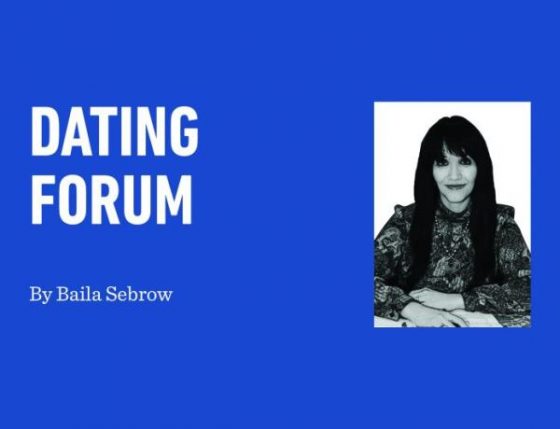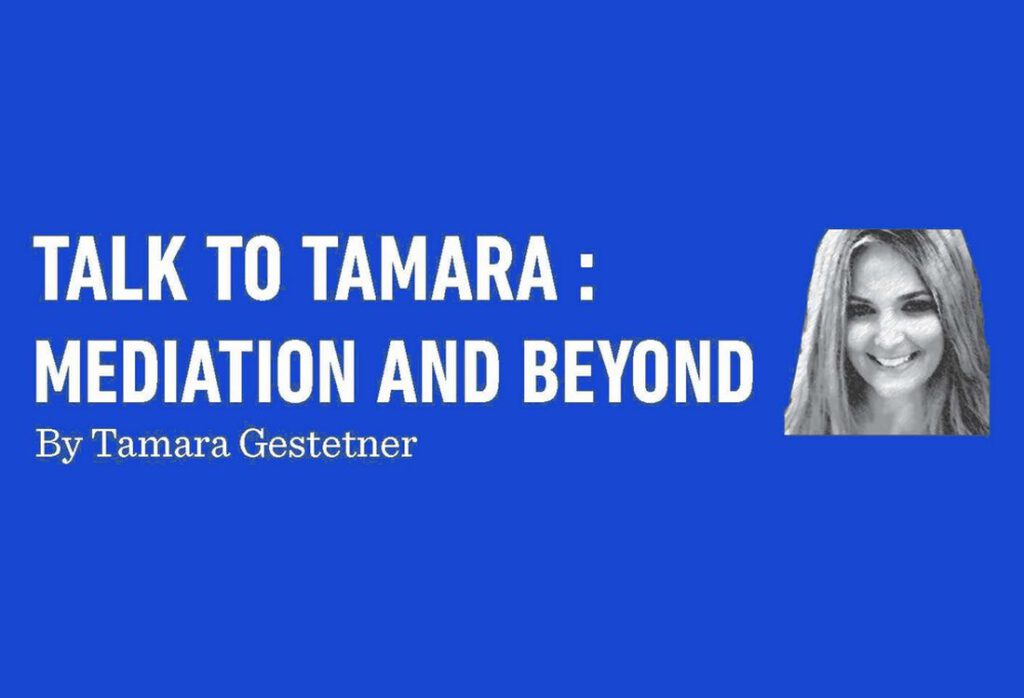NEFESH International Community Program In September
Last Sunday, September 14, 2025, NEFESH International—the network of Orthodox mental health professionals—held its annual Five Towns community program for clinicians at the Young Israel of Woodmere. Participants came from the Five Towns, elsewhere in Long Island, Queens, and beyond.
The event, “Teshuva: Rupture & Repair with Self, Others and Hashem,” brought together leading voices in the fields of mental health and rabbinic leadership to explore the intersection of mental health and religion.
Dr. Norman Blumenthal, a licensed clinical psychologist in Cedarhurst and Director of Trauma Services at Ohel, opened the program with his annual analysis of the “State of Mental Health in the Orthodox Community,” offering insights into communal trends and challenges. He reiterated three issues discussed in his 2024 presentation: 1) “school refusal,” involving students’ chronic absenteeism or refusal to attend school at all; 2) “failure to launch,” with young adults in their 20s-30s struggling with the transition to adulthood and unable to leave home and support themselves, and 3) family alienation and estrangement. He said there must be recognition of the effect of the political turmoil and increased antisemitism that has created a tangible pall over the community.
Dr. Blumenthal went on to discuss the upsurge in death by suicide in the Orthodox community. He said that this can be caused by any number of factors, including genetics, mental illness, or events such as setbacks, breakups, and more. He cautioned that society at large is removing the taboo of suicide and even providing assistance. While the taboo still exists in the Orthodox community, statistics show higher rates of suicide attempts among women in the 12-21 and 22-40 year old age groups. He explained that in these demographic groups, there are more suicide attempts than suicide completions. On the other hand, death by suicide has increased among middle-aged men (most commonly after a divorce or widowhood) and high school seniors. Dr. Blumenthal told the audience that more work needs to be done in terms of predicting and preventing suicide and that mental health professionals must train themselves to ask and talk about suicide with their clients. He said that “safety contracts” can be part of dealing with the problem and closed by saying that people can lead normal lives even with suicidal ideations if appropriately treated and helped.
The main part of the program explored the intersection of Jewish spiritual practice, mental health, and the therapeutic process through the lens of teshuvah—repentance, repair, and return. Central to the upcoming YamimNoraim, teshuvah invites reflection, forgiveness, and repair of ruptures with self, others, and Hashem. Not surprisingly, many therapy clients bring this into the therapy room to discuss a process that is complicated by guilt, shame, grief, or estrangement.
Dr. Sarah Miller, a licensed clinical psychologist with a practice emphasis on women’s issues, life transitions, trauma, and bereavement, spoke about the pain of confusion, shame, and guilt experienced when an individual believes, “Something bad happened because I am bad.” The need to change can then become frantic and the process of teshuvah can become compulsive. Worrying often feels like doing something when doing nothing is unbearable. Dr. Miller explained that worrying is active, as is teshuvah.
Dr. Miller discussed teshuvah m’yirah, repentance out of fear, undertaken to stave off the experience of helplessness, fear, and confusion when “just world” assumptions feel shattered. The individual might then feel that repentance can change or prevent more bad things from happening. She contrasted this with teshuvahm’ahava, not motivated by fear but by love. Not a defense against helplessness, this form of teshuvah is a courageous and creative movement toward relationship and reclaiming the self. She cited Rav Kook, who clarified, “The primary role of penitence is for a person to return to himself, to the root of his soul. Then he will at once return to G-d, to the Soul of all souls.” She asked the audience, “What is the work we do as psychotherapists—especially with those who have endured the worst trauma—if not a creative reimagining and reclaiming of the self?”
The next speaker, Yitzi Horwitz, LCSW, has a Long Island psychotherapy private practice and works with individuals and couples struggling with all kinds of life issues. He addressed how therapists can work with clients who perceive themselves as having sinned. He examined the dynamics of guilt, shame, countertransference, and the therapist’s stance when engaging with “sin” in psychotherapy. He went on to offer a psycho-spiritual framework and clinical tools to support repair and growth without reinforcing destructive shame.
Mr. Horowitz presented the “psychological model of sin,” explaining that sin is part of human nature that is hidden and bypasses other elements of reality, causing conflict and polarization. He quoted a Sfas Emes, “In everything there is an aspect of Life Energy from G-d (we don’t always see it because) it is hidden from us. And it requires confrontation and work to find this Life Energy. This is the work of the six days of the week. And then we make Shabbos, that is a revelation that Hashem enlivens everything.”
He said that teshuva is optional. In therapy, the client must sit with parts of the self in conflict with that. He explained that the goal of the therapist is not to supply answers but, instead, to tolerate silence and to consider how to hold space without foreclosing the client’s process of meaning-making. He suggested to the audience that their work is holy in that they deal with the most holy of objects, the human being, and the kodesh hakadoshim, the psyche.
Dr. Miller and Mr. Horowitz then discussed “trauma teshuvah clinical engagement” case studies with the therapists in the audience. Mr. Horowitz told the therapists that they dedicate their lives to listening to people. Dr. Miller ended by expressing makir tov to NEFESH for providing the space for this conversation and said that it could not have happened elsewhere.
NEFESH President Rabbi Dr. Barry Holzer then introduced Rabbi Yaakov Bender, Rosh HaYeshiva of Yeshiva Darchei Torah. Rabbi Bender told the audience that the job of therapists is to calm people down. He said we believe in teshuvah, adding that no one is “clean,” we’ve all made mistakes, and we can do teshuvah. He said that it’s hard enough to transplant a heart during surgery and it’s even harder to change a mindset. He implored the therapists to be positive and to show people they can be great—and they themselves, the therapists, should believe they can help. Rabbi Bender stated that psychology and psychotherapy give people the energy to fight and that therapists are m’chazek Bnei Yisrael.
The program was followed by networking with the speakers and Rabbi Bender and lunch, sponsored by Ohel Children’s Home & Family Services. Breakfast was sponsored by Premium Health. Additional sponsors included Ray of Hope, Touro University, MASK, and Recovery at the Crossroads.
Numerous participants expressed that NEFESH provides a “safe haven” for Orthodox mental health providers. With over 1,200 members worldwide, NEFESH provides unparalleled advantages of an extensive network of colleagues dedicated to the valuable exchange of ideas and collaboration for the betterment of clients and community. The next Annual NEFESH Conference will take place January 8-11, 2025 with a complimentary pre-conference evening on Wednesday, January 7, 2025. Further information can be obtained at NEFESH.org.











